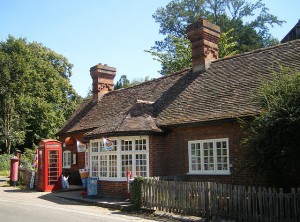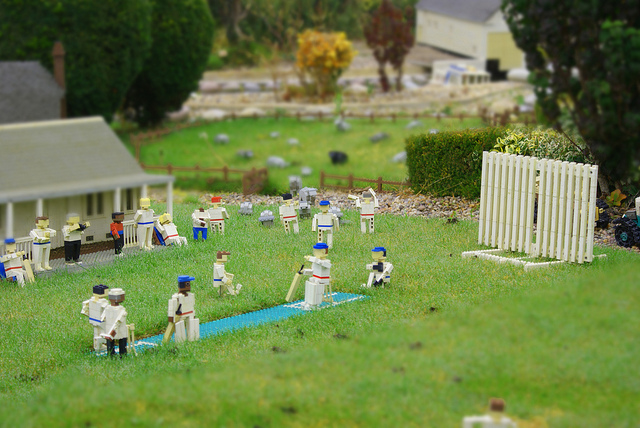Life in an English Village
When we think of a country, we often think of a stereotype – an oversimplified image or idea. These are some country stereotypes – can you guess which countries we are meaning here?

Stereotype 2

Stereotype 1
Sometimes a stereotype is used in a negative way, but often we use them because they are the only things we know about the country we are talking about. They are often based on a truth about the country and can be a part of life in that country.
An English Village is today’s topic. When you search for an image of ‘English Village’ you might find something like this

English Village




